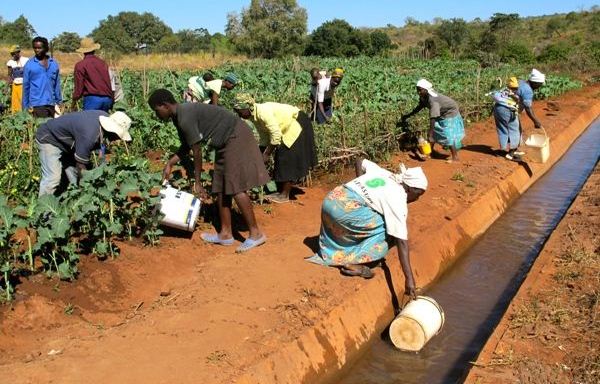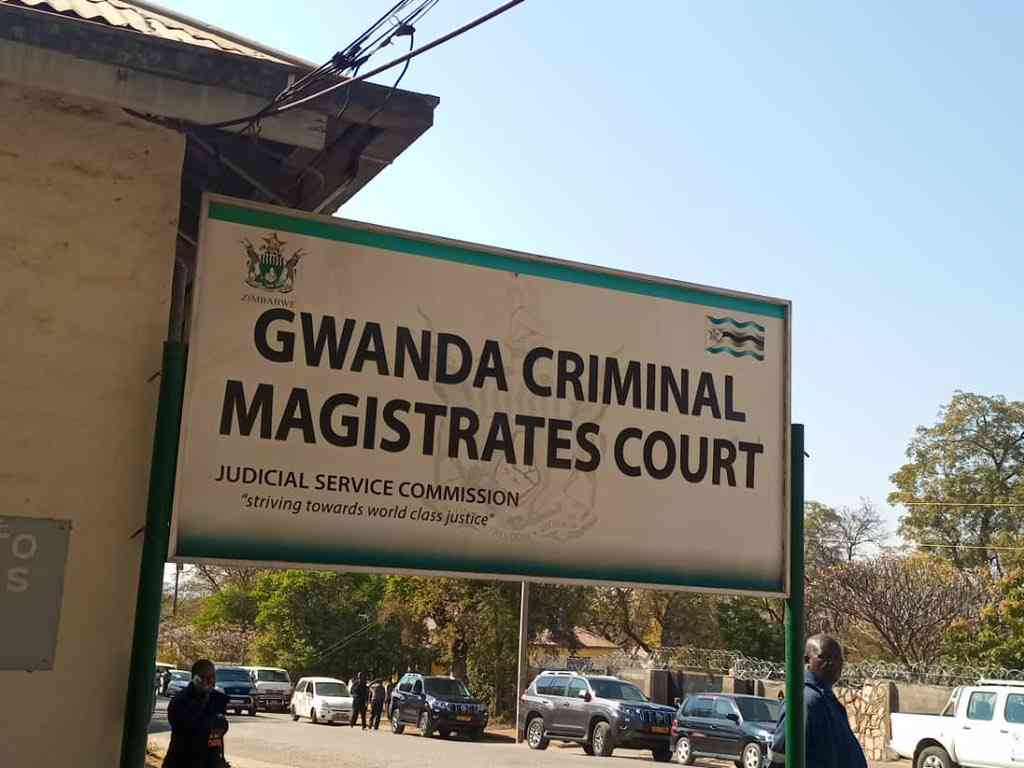
BY PRAISEMORE SITHOLE GOVERNMENT has started revamping small-holder irrigation schemes models to ensure food security.
Zimbabwe has 450 small-holder irrigation schemes covering an estimated 26 000 hectares, the majority of which are not operating as commercial enterprises.
Addressing a stakeholders meeting in Bulawayo early this week, Agriculture ministry permanent secretary John Basera said the model was designed to address challenges bedevilling small-holder irrigation schemes.
“The government is looking forward to have this model adopted in all 450 schemes in Zimbabwe. This model seeks to make the schemes viable, profitable, and sustainable businesses and ultimately become commercial entities,” Basera said.
“The irrigation schemes are characterised by low production and productivity, limited profitability, viability challenges, vicious and unsustainable rehabilitation cycles have also been experienced.”
Basera said different stakeholders and government departments will play a crucial role in the success of the model.
“Contributing factors to these challenges are poor governance, poor agricultural practices, lack of access to inputs, finance and utilities, unsustainable markets, uncoordinated public service delivery systems, aging infrastructure, vandalism of irrigation infrastructure and inheritance wrangles, legacy Zesa and Zimbabwe National Water Authority (Zinwa) debts, among others,” he said.
Basera said the key deliverable of the strategy is to increase agricultural production to ensure food security.
- Chamisa under fire over US$120K donation
- Mavhunga puts DeMbare into Chibuku quarterfinals
- Pension funds bet on Cabora Bassa oilfields
- Councils defy govt fire tender directive
Keep Reading
“As the agricultural sector, we are expected to improve food self-sufficiency from 45% in 2020 to 100% by 2025. This entails increasing maize production from 907 629 tonnes in 2020 to three million tonnes in 2025 among other deliverables,” he said.
The initiative comes at a time when the country is experiencing changes in rainfall patterns.
Farmers associations have warned of poor harvests due to poor rains this year.
- Follow Praisemore on Twitter@TPraisemore










